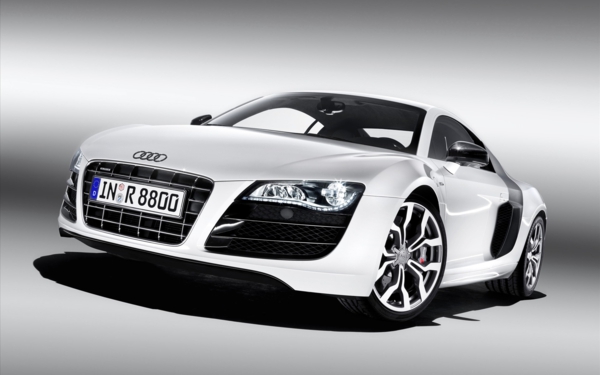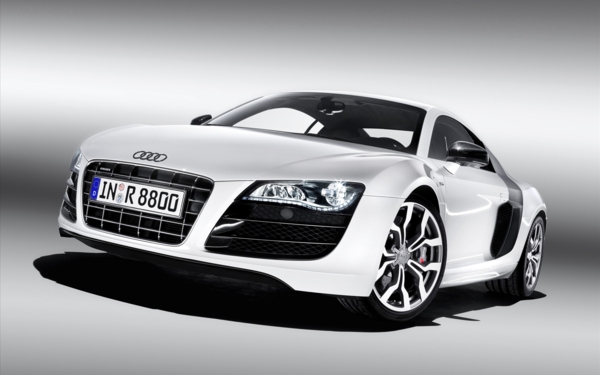Are you in the market for a new car? With the new car market flooded with new models on a daily basis, how do you know what is the right vehicle to suit your needs?
The first decision that you need to make is between petrol and diesel powered motors. Which one do you want to drive? Here are the four major differences between the two:

Number One – About Petrol and Diesel
Petrol is a petroleum-derived liquid mixture consisting mostly of aliphatic hydrocarbons and enhanced with aromatic hydrocarbons toluene, benzene or iso-octane to increase the octane rating. The primary use of this fuel is for the internal combustion of engines to drive the vehicle forward.
Diesel, on the other hand, is a specific fractional distillate of petroleum fuel oil or a washed form of vegetable oil that is used in a diesel engine. Diesel was invented by the German engineer Rudolf Diesel.
Number Two – The Production of Petrol and Diesel
Petroleum is refined (polished) to produce petrol and diesel. The fractional distillation process is used on petroleum and combined at different temperatures, different products form. Petrol and diesel are both derived at varying temperatures during the refining process.
Petrol is produced between thirty-five and two hundred degrees, while diesel is produced at a boiling point of between two hundred and fifty to three hundred and fifty degrees Fahrenheit. After distillation, in order to create these two products, the two products are blended with other elements.
Number Three – The Efficiency of Petrol and Diesel
The major difference between the two is that a petrol engine has a spark-ignited output, whereas a diesel engine uses a combustion process. When the two fuels are compared with the same power output and similar mass, the diesel engine are more efficient that petrol ones.
The reason for this is that while they both contain similar mega joules per kilogram, the diesel fuel is denser than petrol and contains fifteen percent more energy per volume. This accounts for why diesel vehicles, even if they are heavier than petrol engines, are more fuel efficient.
Number Four – The Chemical Composition of Petrol and Diesel
Petrol consists of hydrocarbons with between five and twelve carbon atoms per molecule. This is predominately a mix of paraffin, naphthenic, aromatics and olefins. Diesel on the other hand is composed of seventy-five percent saturated hydrocarbons (paraffin’s and cycloparaffins) and twenty-five percent hydrocarbons (which include naphthalene’s and alkyl benzenes).
When purchasing a new vehicle it is important to know not only the difference between the fuels, but also why you should choose the one or the other. Here are three things you need to look at:
The Usage
The Maintenance
The Resale Value
Number One – The Usage
A diesel engine is better used for longer distances. The reason is that the petrol engine is more fuel efficient and less susceptible to short trips that a diesel engine. Therefore, if you drive more than one hundred kilometres a day, it is advisable to purchase a diesel engine, otherwise stick to a petrol engine.
Number Two – The Maintenance
The diesel vehicle not only costs more to buy, but also to maintain. The reason is that most petrol cars need to be serviced every fifteen thousand kilometres, compared to every ten thousand on a diesel engine.
Number Three – The Resale Value
One thing we all tend to forget when purchasing a vehicle is the resale value. It is important for two reasons: it shows the value of the car in the market and two it plays an important part in your next vehicle purchase. A diesel vehicle will have a higher resale value, as the motor receives less damage/wear when driving that a petrol motor.
In conclusion, these are the things that you need to take into account when purchasing a new car. Do you go petrol or diesel? A diesel car will save you money on petrol and will provide you with a better resale value in the future.
I am Greg Jones and I love cars. I recently attended two oil conferences both talking about the difference between petrol and diesel fuel. I was amazed at the outcome. It definitely makes me feel better when I fill up my diesel engine vehicle.
Petrol Versus Diesel – Which Is The Right Choice For You

